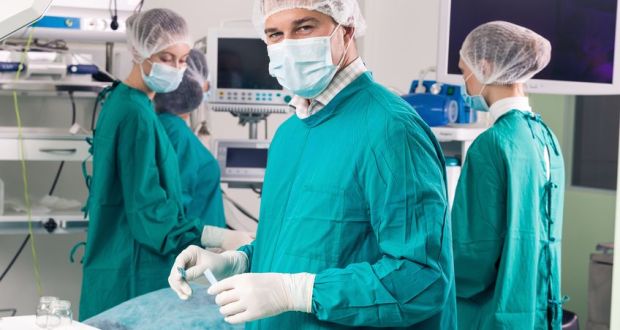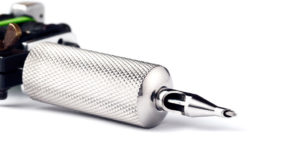It’s safe to say that surgeons have a very demanding job. In addition to performing intricate and and delicate procedures on a regular basis, many of these doctors also have to work grueling schedules. You would probably think that all of those hours could take quite a toll on surgeons, adversely affecting their performance in the operating room. A recent study that examined this subject found that this may not be the case.
Two Groups of Patients
As surprising as it might sound, surgeons running short on sleep may not be more prone to mistakes than their more rested counterparts. This was the conclusion of a study authored by researchers from Western University in Ontario, Canada. Over 2,000 non-emergency gallbladder surgery patients from 102 Ontario hospitals were analyzed by this report. The subjects were treated by 331 surgeons, all of whom had operated on other patients during the previous night. These procedures took place in a seven-hour period between midnight and 7AM.
To gauge how a lack of sleep affected the surgeons, the authors matched each of these 2,078 participants with four patients who had received gallbladder surgeries from the same doctor. Prior to operating on this group of 8,312 subjects, these surgeons were relatively well-rested, as none had been forced to stay up late performing surgeries during the overnight hours.
Bigger Cuts and Other Bad Outcomes
The researchers documented the incidence of multiple adverse outcomes when reviewing these thousands of gallbladder surgeries. One such outcome was conversions from minimally invasive surgical procedures to open surgery techniques, which occurred when the doctors had to change tactics to remove the patient’s gallbladder. Specifically, the surgeon had to abandon plans to rely on small incisions and a camera to perform the operation, and would instead have to make a large incision in the abdomen.
Surgeons do not necessarily view conversions as unanticipated problems. However, patients generally prefer to have less invasive procedures if possible, and for good reason; the larger incisions involved in open surgery requires recipients to spend more time recuperating in hospitals. Two other examples of adverse outcomes included in the study were surgery-related injuries and deaths.
In a press release describing the study, the authors noted that the conversion rates between the two groups “were not statistically different.” Among those operated on by surgeons who had worked the night before, 2.2 percent had to have their gallbladders removed with open surgery. Conversions were likewise rare for those tended to by surgeons who had gotten more sleep, with only 1.9 percent encountering this problem.
The report also determined that the participants suffered very few injuries and deaths directly caused by surgery. Just 0.7 percent of those in the sleep-deprived surgeon group were injured during surgery, and only five patients (equivalent to or less than 0.2 percent) died within a month of having their gallbladders extracted from their body. In the rested surgeon set, these percentages were 0.9 and 0.1 percent, respectively. Seven deaths related to surgery occurred in this group.
Being Honest about Fatigue
Dr. Danielle Nash, one of the study’s seven authors, told Reuters Health that the report should allay patient fears regarding surgeon fatigue. “Even if [patients] have a surgeon who may be working long hours or is tired, they shouldn’t be worried that he isn’t capable of performing the surgery to the best of his ability” she stated. The research team published their work in the November 6th, 2013 issue of the Journal of the American Medical Associations.
Though the study found that a lack of sleep had an essentially negligible impact on surgical performance, an accompanying editorial stressed the need for surgeons to honestly evaluate their fatigue levels before operating on patients. Authored by Michael Zinner of Brigham and Women’s Hospital in Boston and Julie Fresichlag of Johns Hopkins Medical Institute, this commentary argued that “each surgeon must objectively self-assess fatigue level and honestly determine whether the surgical skills necessary for daytime operations following operating the night before will be comparable to those skills and capabilities following a good night’s sleep. Patient safety and surgeon well-being deserve no less.”
 Natural Knowledge 24/7 Educate yourself with nutrition, health and fitness knowledge.
Natural Knowledge 24/7 Educate yourself with nutrition, health and fitness knowledge.






